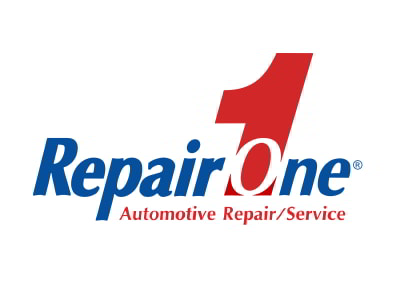Synthetic Oil vs. Conventional Oil: A Comprehensive Guide to Making the Right Choice

In the world of automotive maintenance, few decisions are as crucial as choosing the right engine oil for your vehicle. With options ranging from synthetic to conventional oil, navigating this choice can feel overwhelming. At Repair One, your premier destination for automotive expertise in Woodland, TX, we’re here to simplify the decision-making process and empower you with the knowledge needed to make an informed choice.
Understanding Synthetic Oil:
Enhanced Performance and Protection
Synthetic oil represents the pinnacle of modern lubrication technology. Crafted from highly refined base oils and advanced additives, synthetic oil offers unmatched protection and performance for today’s high-tech engines. Its superior lubricating properties reduce friction between moving parts, minimizing wear and extending the lifespan of your engine.
Stability in Extreme Conditions
One of the standout features of synthetic oil is its ability to maintain viscosity and stability across a wide range of temperatures. Whether you’re driving through scorching summer heat or freezing winter cold, synthetic oil ensures consistent engine performance and protection, providing peace of mind on every journey.
Extended Oil Change Intervals
Thanks to its robust formulation and resistance to breakdown, synthetic oil allows for longer intervals between oil changes compared to conventional oil. With some synthetic oils capable of lasting up to 10,000 miles or more, you’ll save time and money on maintenance while still enjoying optimal engine performance.
Exploring Conventional Oil:
Cost-Effective Solution
Conventional oil, derived from crude oil with minimal processing, remains a cost-effective solution for routine oil changes. Its affordability makes it an attractive option for budget-conscious vehicle owners, providing adequate lubrication for engines with less demanding performance requirements.
Compatibility with Older Vehicles
For older vehicles with lower mileage or simpler engine designs, conventional oil may be perfectly suitable. While it lacks the advanced features of synthetic oil, conventional oil can still provide adequate lubrication and protection, especially when paired with regular maintenance and inspections.
Regular Maintenance Routine
With conventional oil, it’s essential to adhere to more frequent oil change intervals, typically every 3,000 to 5,000 miles. While this may require additional visits to our auto shop, maintaining a regular maintenance routine is crucial for ensuring your engine remains healthy and performs at its best.
Making the Right Choice:
Consider Your Vehicle’s Needs
When deciding between synthetic oil and conventional oil, it’s essential to consider factors such as your vehicle’s age, mileage, driving habits, and performance expectations. Our team of ASE-certified technicians at Repair One is here to help you weigh these considerations and make the best choice for your specific needs.
Trust in Our Expertise in Oil Change Services in The Woodlands, Texas
Whether you opt for the superior performance of synthetic oil or the affordability of conventional oil, you can trust Repair One to handle your oil change with precision and care. With our extensive knowledge and commitment to quality service, we’ll ensure that your engine receives the attention it deserves, keeping you safe and on the road for miles to come.
Schedule Your Oil Change Service at Repair One
In the ongoing debate of synthetic oil versus conventional oil, both options have their merits and limitations. However, with the guidance of Repair One, you can make an informed decision that meets your vehicle’s needs and your budget. For expert oil change service near you in The Woodlands, TX, visit Repair One at 6495 College Park Dr or call us at 936-271-1110. Experience the difference of having a trusted partner in automotive care by your side. Your engine deserves nothing less than the best.















